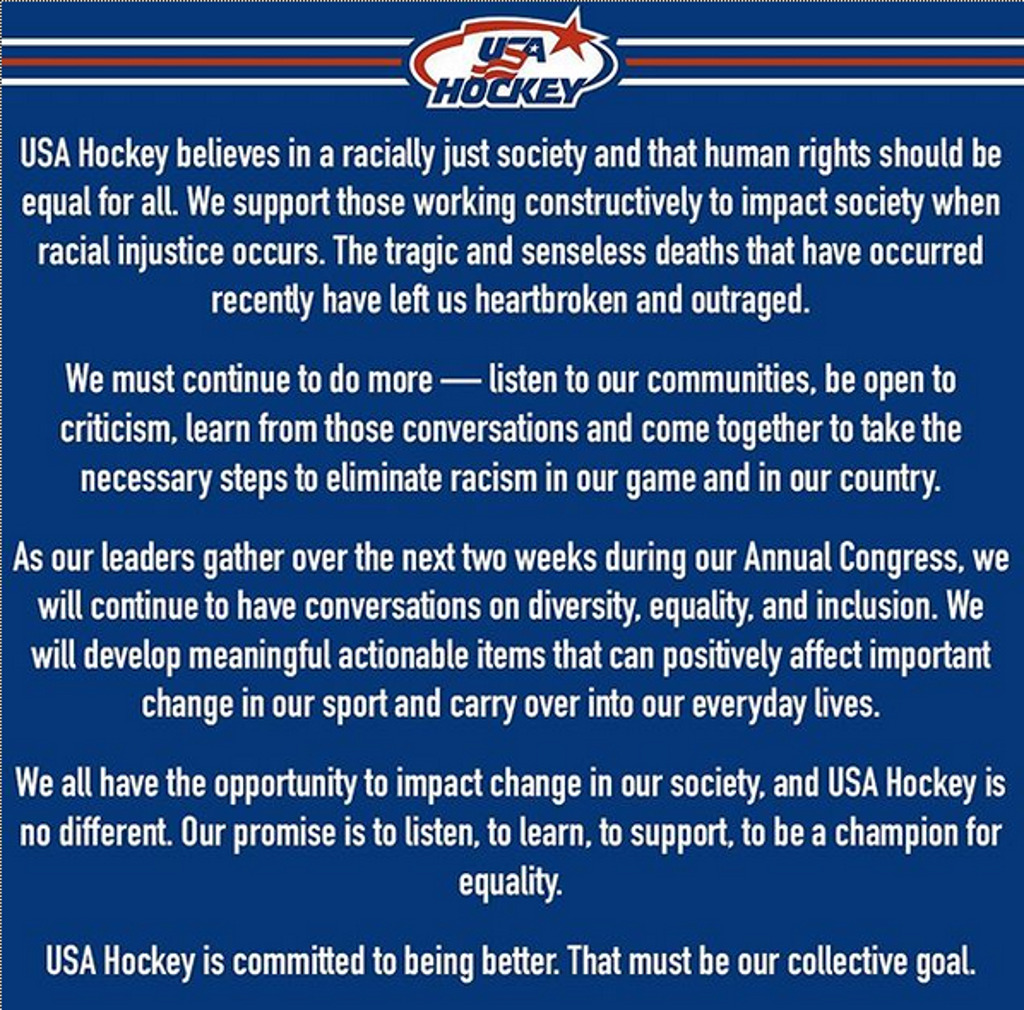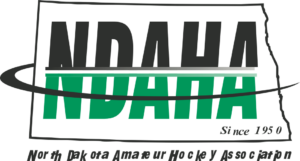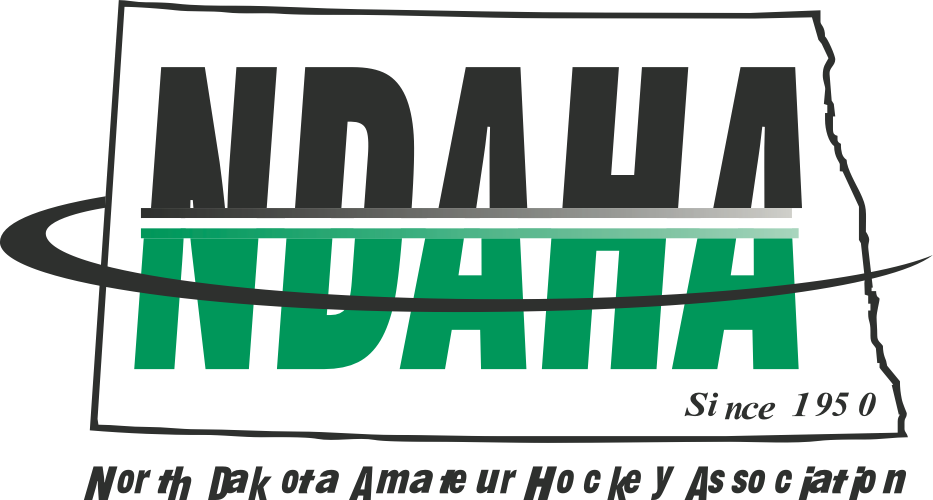Diversity, Equity, & Inclusion Director
Home » Administration »
Diversity, Equity, & Inclusion Director
The Ross Initiative in Sports for Equality hosted an interactive workshop yesterday for volunteer leaders from around the country that are part of the 2020 USA Hockey Annual Congress. The presentation was scheduled months in advance, but could not have come at a more relevant and needed time.
Two days following a statement from USA Hockey that included a promise to “listen to our communities, be open to criticism, learn from these conversations and come together to take the necessary steps to eliminate racism,” the RISE workshop provided valuable insight, education and dialogue.
“The RISE workshop was great overall and extremely beneficial to our staff and volunteer leaders who help make hockey go in communities all across the nation,” said Pat Kelleher, executive director of USA Hockey. “We continue to learn, and understanding each other and our varied backgrounds and experiences, is an extremely important part of the process.”
RISE CEO Diahann Billings-Burford and vice president of curriculum Andrew Mac Intosh began with a simple, but powerful message.
“This work is not easy. This doesn’t start or end today.”
USA Hockey was challenged in advancing efforts to make hockey a welcoming experience for all. This includes making the hockey rink a safe space for everyone. Recent player stories and articles highlighting issues within hockey as a sport bring to the forefront the need for continued work, and reflection on what has been done and how it has fallen short.
Attendees were asked to create a list of 10 words to describe their own personal identity, and talk in small groups about why those words matter to them. The exercise displayed how we all have multiple identities, including some that are based on personality, physical descriptors and roles that we play.
“We are all diverse and unique, every single person is different than the next, and that’s what makes us special,” noted Mac Intosh. “That’s worth celebrating. Diversity is not just how we are different, but also how we are similar. These are the things we can build upon in teams, organizations and communities.”
Following the discussion of identity, everyone was asked to remove all words but one. While some attendees found it easier than others to narrow their list, the point was made that everyone felt a different level of difficulty involved with removing aspects of their own identity.
“Now imagine how it feels to walk into different places knowing you may have to remove one or two pieces of your identity in order to fit in or feel safe,” added Mac Intosh.
The final task of the presentation focused on action, and how USA Hockey can take clear steps as an organization. RISE identified the following five challenges, and asked small breakout groups for suggestions on how USA Hockey can address them:
Keeping a finger on pulse of organization
Raising the level of knowledge around issues of race, diversity and inclusion
Building structures that make diversity and inclusion work pervasive and holistic
Identifying ways to support minority stakeholders
Creating opportunities for cross cultural dialogue
Collectively, attendees submitted ideas and actionable items to address each challenge before discussing in more detail a few of the ideas brought forward.

“Every time we host an educational workshop like this, there are always eye-opening moments,” said Stephanie Jackson, USA Hockey’s director of diversity and inclusion. “To be able to host this workshop and make it accessible for the hundreds of attendees at Annual Congress was a great opportunity for growth and understanding in our hockey family. We acknowledge this isn’t the only answer, but engagement like this is part of the answer. We look forward to continue this hard, but necessary work.”
Interested hockey players, parents, officials, coaches, administrators and volunteers can find resources from RISE here.
Scott Berge
Diversity, Equity, & Inclusion Director

